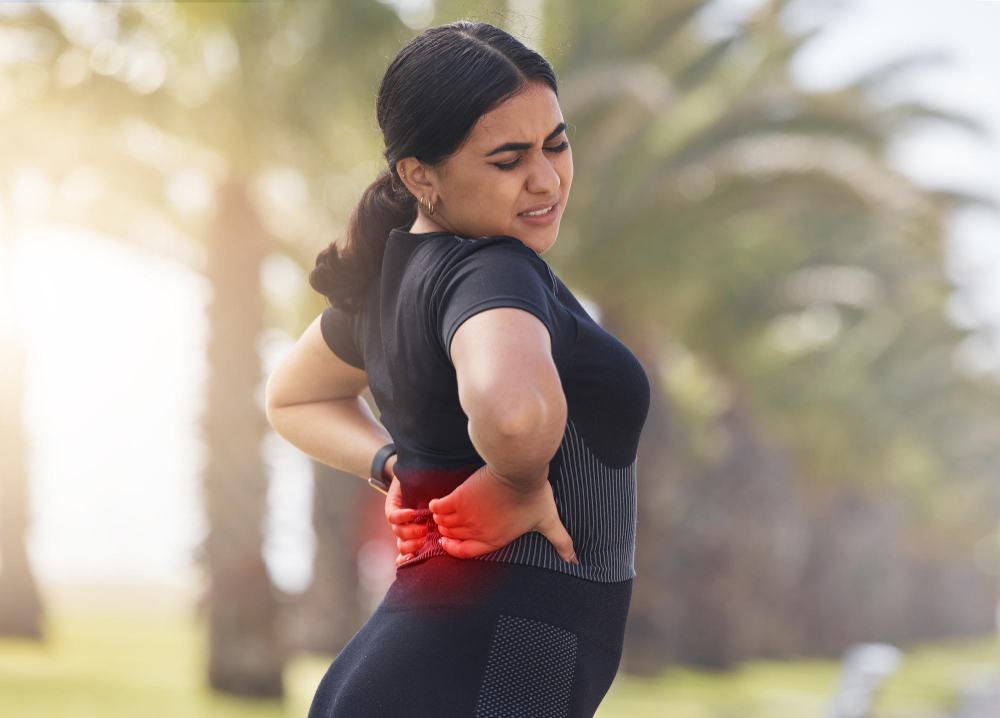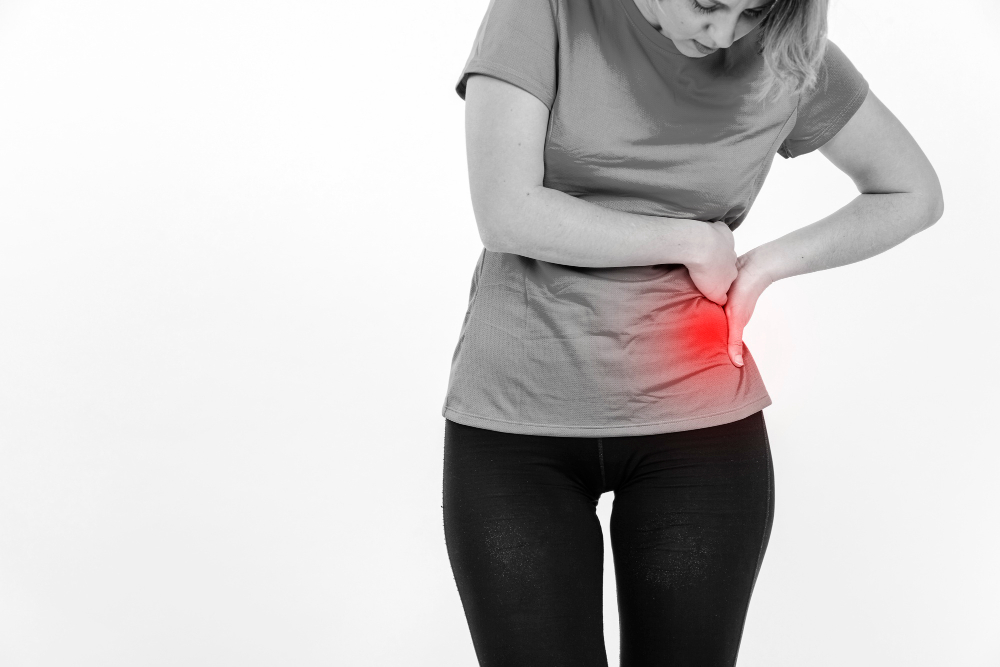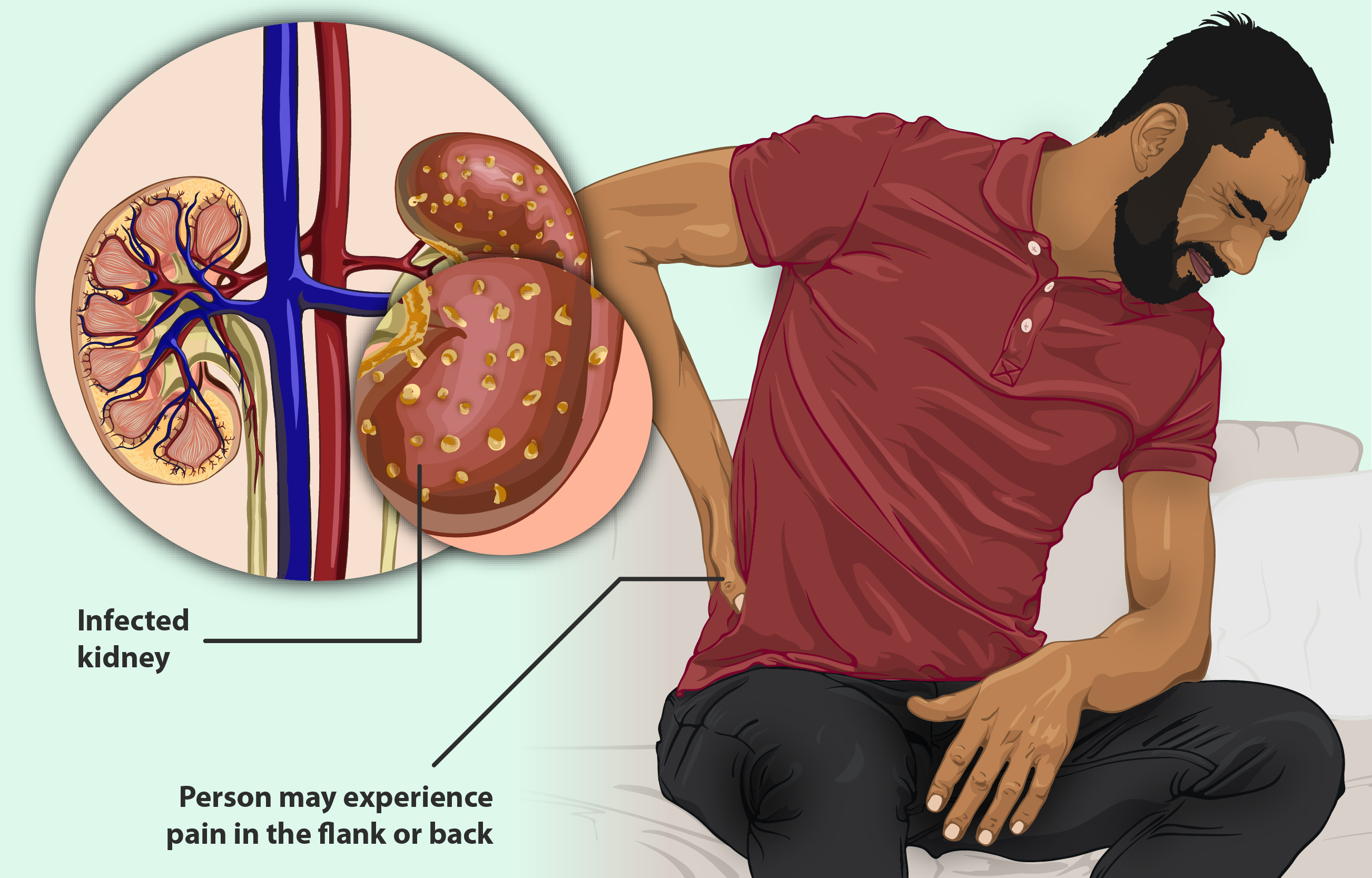Flank pain is a sign of Kidney Stones: Treatment options explained by the best Nephrologist in Delhi NCR
- 1 Causes of Flank Pain
- 1.1 Musculoskeletal Causes:
- 1.2 Renal Causes:
- 1.3 Gastrointestinal Causes:
- 1.4 Reproductive System Causes:
- 1.5 Vascular Causes:
- 1.6 Urinary Tract Causes:
- 1.7 Inflammatory Causes:
- 1.8 Traumatic Causes:
- 2 Treatments for flank pain:
- 2.1 Conservative Approaches:
- 2.2 Management of Renal Causes:
- 2.3 Gastrointestinal and Reproductive System Treatments:
- 2.4 Vascular and Urinary Tract Interventions:
- 2.5 Inflammatory and Traumatic Management:
- 2.6 Treating Underlying Medical Conditions:
- 2.7 Emergency Care:
- 3 End note
- 4 FAQ
- 4.0.1 What can a patient suffering from flank pain expect from the Best Nephrologist in Gurgaon?
- 4.0.2 What are the common causes of flank pain?
- 4.0.3 How is flank pain diagnosed?
- 4.0.4 Can musculoskeletal causes of flank pain be treated at home?
- 4.0.5 Are kidney stones a common cause of flank pain?
- 4.0.6 When should I seek emergency medical attention for flank pain?
- 4.0.7 Can flank pain be a sign of a serious medical condition?
- 4.0.8 How are kidney stones treated?
- 4.0.9 Are there lifestyle changes that can prevent recurrent flank pain?
- 4.0.10 Can pregnancy-related issues cause flank pain?
- 4.0.11 How is flank pain in older people different from that in younger individuals?
The flank is the spot on the back and abdominal sides between your hips and your lower ribs. Injuries, illnesses, and infections can lead to pain in the flanks. Flank pain can be easygoing and relentless. The pain can be mild or extreme, and it may vary. It can take place on both flanks. Problems in the kidney are common causes of flank pain. Injuries at the back also lead to pain that starts in the spine and moves to the flanks. Doctors like the Best Nephrologist in Gurgaon can treat the causes of flank pain. Treatments are usually medicine and rest.
Kidney stones are the most common flank pain causes. Each year, more than half a million people get Kidney stone treatment.
Causes of Flank Pain

Musculoskeletal Causes:
- Muscle Strain: Overexertion or sudden movements can lead to strain in the muscles surrounding the flank, resulting in pain.
- Costovertebral Joint Dysfunction: Dysfunction in the joints between the ribs and the spine can contribute to flank pain.
Renal Causes:
- Kidney Stones: The formation of stones in the kidneys can cause intense flank pain as they move through the urinary tract.
- Renal Infections: Infections such as pyelonephritis can lead to inflammation and pain in the kidneys.
- Renal Colic: Sudden and severe flank pain due to the obstruction of the urinary tract, often caused by kidney stones.
Gastrointestinal Causes:
- Gastroenteritis: Inflammation of the gastrointestinal tract can cause referred pain to the flank region.
- Appendicitis: In some cases, inflammation of the appendix may cause pain that radiates to the flank.
Reproductive System Causes:
- Ovarian Cysts: Women may experience flank pain due to the presence or rupture of ovarian cysts.
- Ectopic Pregnancy: In rare instances, a fertilized egg may implant outside the uterus, causing flank pain.
Vascular Causes:
- Renal Artery Thrombosis: A blood clot in the renal artery can result in decreased blood flow to the kidneys, causing flank pain.
- Aortic Aneurysm: Enlargement or rupture of the aorta can lead to severe flank pain.
Urinary Tract Causes:
- Urinary Tract Infection (UTI): Infections in the urinary tract, especially in the bladder, can cause discomfort in the flank region.
- Ureteral Stricture: Narrowing of the ureter may cause obstruction and flank pain.
Inflammatory Causes:
- Inflammatory Bowel Disease (IBD): Conditions like Crohn’s disease or ulcerative colitis can lead to flank pain due to inflammation in the abdominal region.
- Pancreatitis: Inflammation of the pancreas can radiate pain to the flank area.
Traumatic Causes:
- Injury: Trauma or injury to the ribs or the abdominal region can result in flank pain.
- Sports Injuries: Athletes may experience flank pain due to sports-related injuries.
Flank pain can have various causes, ranging from mild to severe. Proper diagnosis often requires a thorough medical evaluation, including imaging studies and laboratory tests. It is essential for individuals experiencing persistent or severe flank pain to seek medical attention promptly to determine the underlying cause and receive appropriate treatment.
Treatments for flank pain:

Conservative Approaches:
- Pain Medications: Non-steroidal anti-inflammatory drugs (NSAIDs) or acetaminophen can help alleviate mild to moderate flank pain by reducing inflammation and providing pain relief.
- Rest and Ice: For musculoskeletal causes or mild injuries, rest and the application of ice packs to the affected area can help reduce inflammation and ease discomfort.
Management of Renal Causes:
- Hydration: Adequate fluid intake is crucial, especially for kidney stones. It can help flush out small rocks and prevent further formation.
- Pain Control: Prescription medications such as alpha-blockers or opioids may be used to manage pain associated with kidney stones.
- Antibiotics: In cases of renal infections, appropriate antibiotics are prescribed to address the underlying disease.
Gastrointestinal and Reproductive System Treatments:
- Antibiotics: If flank pain is associated with gastrointestinal or reproductive system infections, antibiotics may be prescribed.
- Surgical Intervention: In certain cases, surgical procedures may be necessary to address issues such as appendicitis, ovarian cysts, or ectopic pregnancies.
Vascular and Urinary Tract Interventions:
- Surgery: Surgical interventions may be required for conditions like renal artery thrombosis or ureteral strictures.
- Stent Placement: In the case of kidney stones causing obstruction, the insertion of a ureteral stent can help maintain urine flow and alleviate pain.
Inflammatory and Traumatic Management:
- Immunosuppressive Drugs: Inflammatory conditions like inflammatory bowel disease may require medications that suppress the immune response.
- Physical Therapy: For musculoskeletal causes, physical therapy can aid in rehabilitation and strengthening, reducing the likelihood of recurrent flank pain.
Treating Underlying Medical Conditions:
- Management of Chronic Conditions: Flank pain associated with chronic conditions such as pancreatitis or renal disorders may require ongoing medical management to control symptoms and prevent complications.
- Lifestyle Modifications: Adopting a healthy lifestyle, including dietary changes and regular exercise, may help manage chronic conditions and reduce the risk of flank pain recurrence.
Emergency Care:
- Immediate Medical Attention: Severe and sudden flank pain, especially when accompanied by symptoms such as fever, nausea, or difficulty urinating, may require emergency medical attention.
- Surgical Intervention: Conditions like aortic aneurysms may necessitate emergency surgery to prevent life-threatening complications.
The treatment of flank pain is highly dependent on the underlying cause. Seeking prompt medical attention for accurate diagnosis and appropriate management is crucial to alleviate pain and prevent potential complications effectively. Individualized treatment plans, including medications, lifestyle modifications, and, in some cases, surgical interventions, play a vital role in addressing the diverse range of conditions that can lead to flank pain.
End note
Flank pain is an indication of numerous conditions and injuries. You can feel better with the right medications, rest, and other treatments. Get in touch with the Best Nephrologist in Gurgaon if you have extreme flank pain or it does not improve in a day.
FAQ
What can a patient suffering from flank pain expect from the Best Nephrologist in Gurgaon?
You can expect the doctor to recommend an ultrasound or CT scan, to search for kidney stones and check the stones’ size and shape. In case of kidney stone, he will possibly offer a Kidney stone treatment.
What are the common causes of flank pain?
Flank pain can be caused by various factors, including kidney stones, urinary tract infections, gastrointestinal issues, musculoskeletal injuries, and vascular conditions.
How is flank pain diagnosed?
Diagnosis involves a thorough medical history, physical examination, and often imaging studies such as ultrasound, CT scans, or MRI to identify the underlying cause of the flank pain.
Can musculoskeletal causes of flank pain be treated at home?
Mild musculoskeletal flank pain may respond to rest, ice packs, and over-the-counter pain medications. However, severe or persistent pain should be evaluated by a healthcare professional.
Are kidney stones a common cause of flank pain?
Yes, kidney stones are a common cause of flank pain. The pain is often severe and may be associated with other symptoms such as blood in the urine and nausea.
When should I seek emergency medical attention for flank pain?
Seek immediate medical help if you experience severe and sudden flank pain, especially if accompanied by symptoms like fever, difficulty breathing, or changes in urinary habits.
Can flank pain be a sign of a serious medical condition?
Yes, flank pain can be indicative of serious conditions such as aortic aneurysm, appendicitis, or renal artery thrombosis. It is crucial to seek medical evaluation for accurate diagnosis and appropriate treatment.
How are kidney stones treated?
Treatment for kidney stones may involve pain management with medications, increased fluid intake, and, in some cases, procedures like lithotripsy or surgery to remove or break up the stones.
Are there lifestyle changes that can prevent recurrent flank pain?
Depending on the underlying cause, adopting a healthy lifestyle, including staying hydrated, maintaining a balanced diet, and avoiding risk factors, can help prevent recurrent flank pain in some cases.
Can pregnancy-related issues cause flank pain?
Yes, conditions such as ectopic pregnancy or ovarian cysts can lead to flank pain in pregnant individuals. Prompt medical attention is essential for proper diagnosis and management.
How is flank pain in older people different from that in younger individuals?
Flank pain in the elderly may be associated with conditions such as aortic aneurysms or other vascular issues. It is important to consider age-related factors in the diagnostic process for effective treatment.

















